In the United States alone, there have been 1,607 mass shootings since the 2012 Sandy Hook massacre in Newtown, Conn.—none of which have been met with successful gun control legislation by the U.S. Congress. For much of the country, this is just a statistic, just a number. But for the students of Marjory Stoneman Douglas High School, 17 of their friends were gunned down by a legally purchased AR-15; their old lives fade behind them, but they press on.
Aly Sheehy ‘18 of Stoneman Douglas witnessed friends she’d grown up with “shaking and crying hysterically because they thought they were going to die.” She recounted “texting everyone I knew asking if they were okay, if they were safe” and “not getting an answer for a really long time” which made her worried.
It was supposed to be an enjoyable Valentine’s Day spent with friends. On the morning of Feb. 14, 2018, Sheehy “had Valentine’s Day cards for all my friends, so we were excited about that,” she said.
Over the intercom in first period, Sheehy found out that there would be a fire drill later that day. The drill was routine; it came and went, the whole process going “very smoothly.”
The day continued as usual. Thus, it was quite disconcerting when the fire alarm went off again with only ten minutes remaining before school was over.
Sheehy would soon find herself hiding in the school auditorium with an active shooter on campus, confusion and unease engulfing the air. She described the experience as wrought with worry and agonizing fear, recalling that “we didn’t know if we were going to get out.”
She would later have to hear the names of 17 friends who never did get out.
The breaking and the falling apart is always so quick and unpredictable, while the hurting, the healing and the putting back together never seems to end.
Sheehy and other survivors of the shooting are trying to put things back together so that they will never be broken again. A movement called “Never Again” was started because the Stoneman Douglas students “never again want to see this happen anywhere, not in a school, not in a church, not at a concert, not anywhere,” Sheehy explained.
She noted that “a lot of people ask what they can do to help.“
“One thing that you can do is research your representatives, find out whether they support gun laws, whether they support this kind of change, and if they don’t, try to change their minds,” she said.
She says that high school students, even though they can’t vote, need to keep in mind that “it’s very important that we as constituents voice our need, our want for change, because they’re supposed to be representing us.”
Now that Sheehy has felt the anguish of a tragedy like this happening to her own community, she feels “guilty, like I should have been doing this even before it happened here.”
With the Las Vegas shooting for instance, “it was something that I would follow as it would come and go, as the thoughts and prayers would come in and we would talk about change with nothing happening, just kind of moving on to the next thing. I felt bad, didn’t feel like I could do anything, but now I know that I can,” she said.
Sheehy stressed the importance of the fact that “assault weapons, that can kill so many people at once, have no place in the hands of civilians on streets.”
“No one deserves to have that feeling of not knowing whether their friends or teachers are okay. No parent deserves to receive texts from their son or daughter saying ‘If I don’t make it, I love you.’ Nobody deserves to feel that ever again. Nobody deserves to feel that loss, to bury a friend knowing you’ll never get to see them again,” Sheehy expressed.
If we are to see change on the outside, first we have to see change on the inside. Sheehy and high school students across America embody this internal change. Most can’t vote, but they still have a voice and right now this voice is not backing down.
It’s an impassioned and heartfelt call to action for all Americans to ensure that we continue to combat the issue of gun violence. It’s prompting the country to act, not just mourn, and finally be able to truthfully say, “the Parkland shooting will be the last school shooting.”
Addressing America’s high school students, Sheehy had some final words that she wants students to take to heart: “Keep talking about it, because that’s what they want us to do, they want us to stop talking about it, to stop pushing this cause, they want us to forget how it feels, because if we stop, they win.”


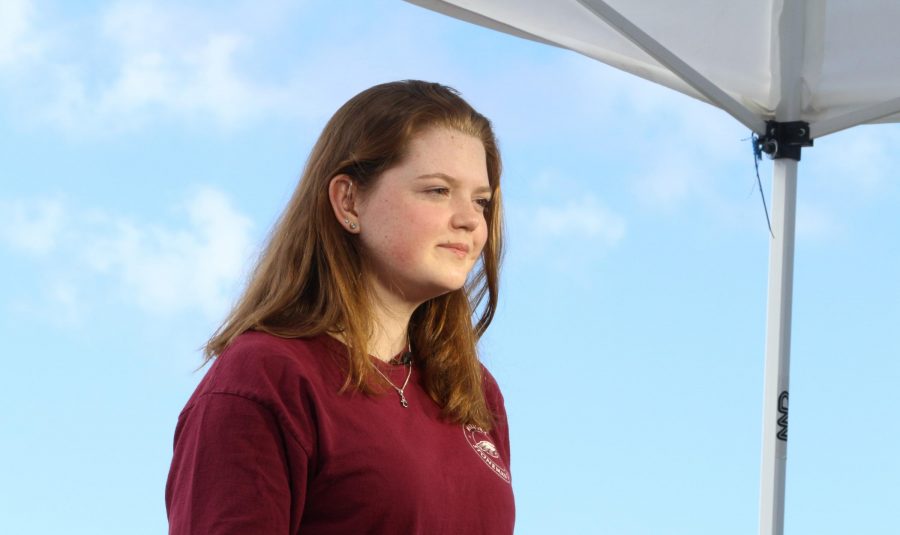

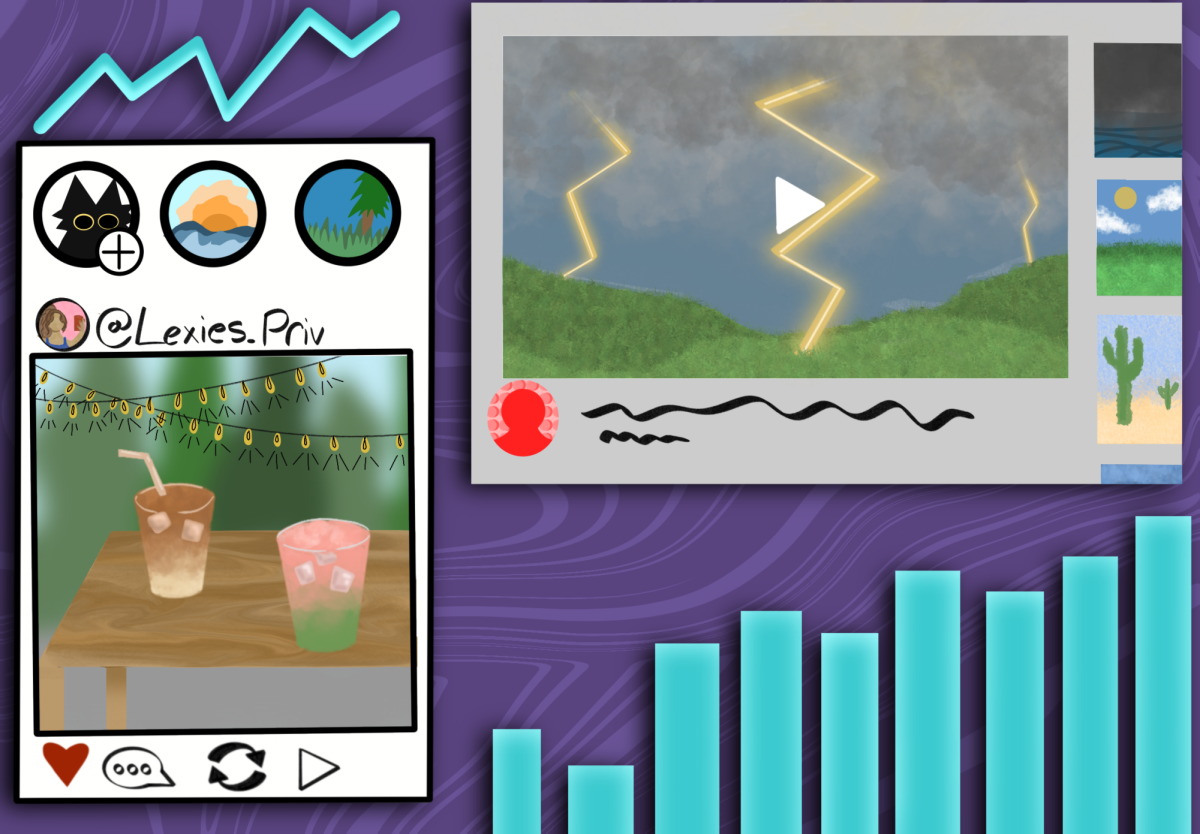
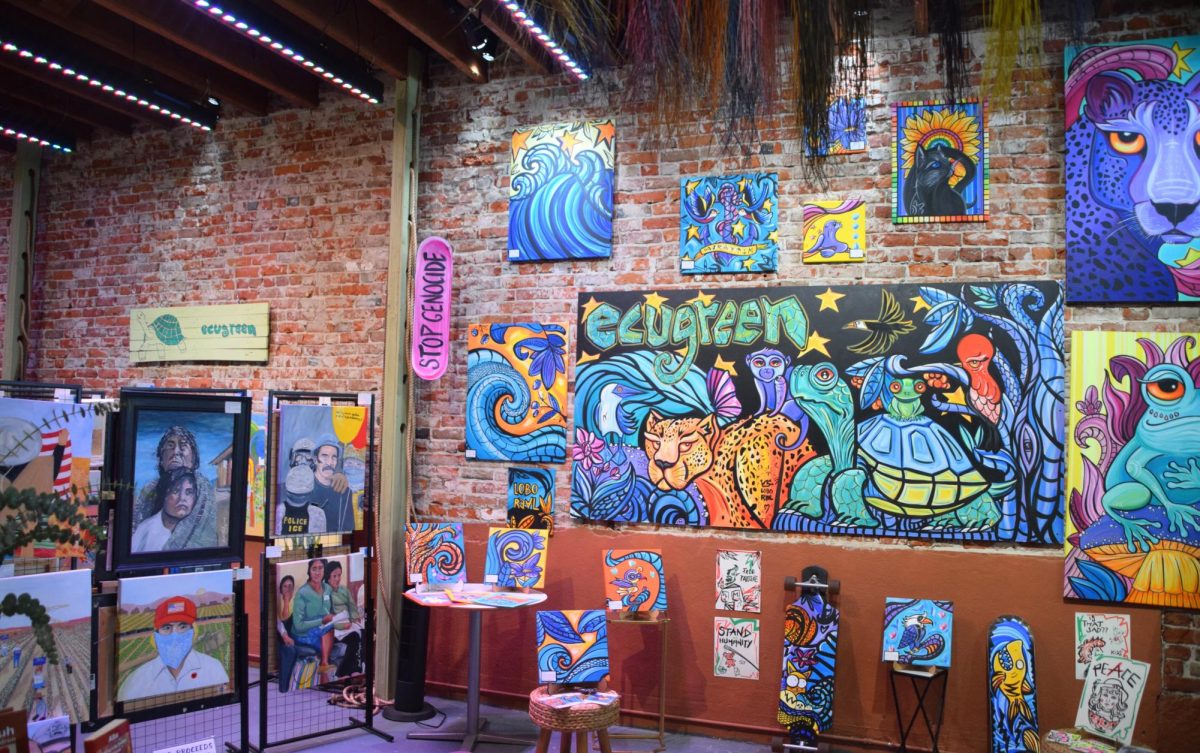
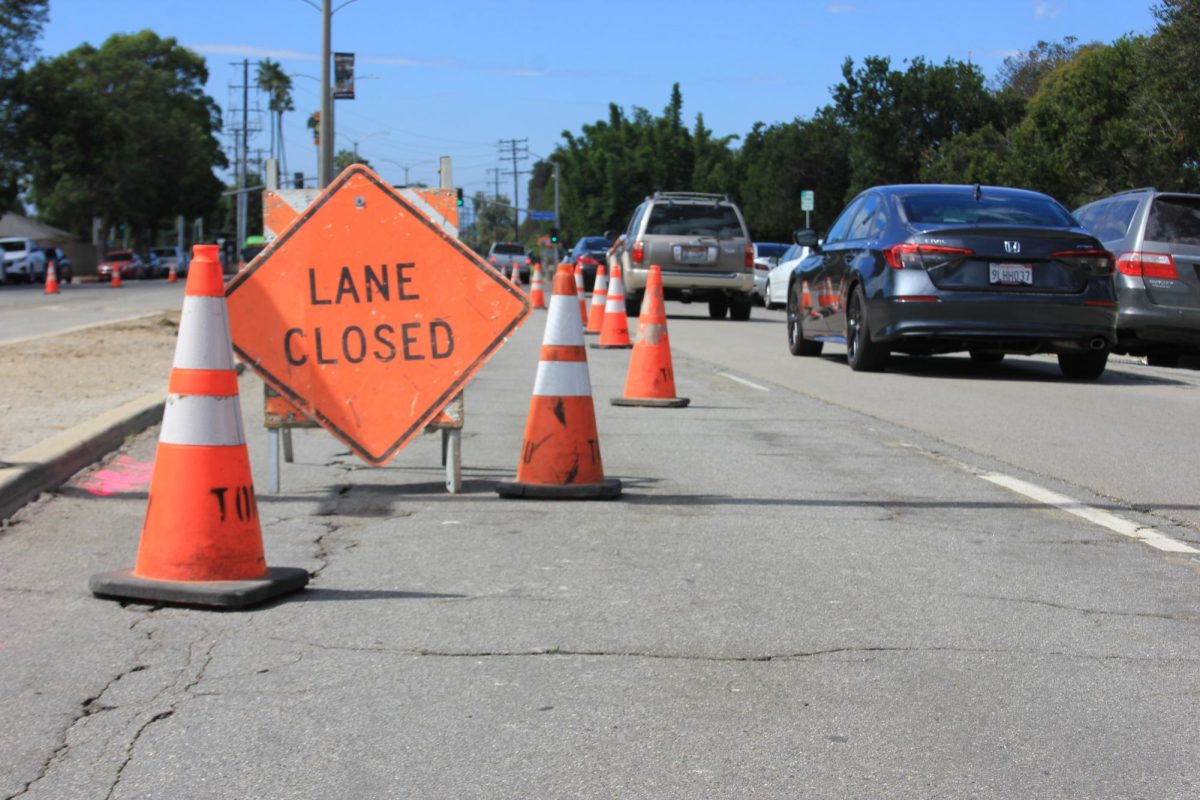
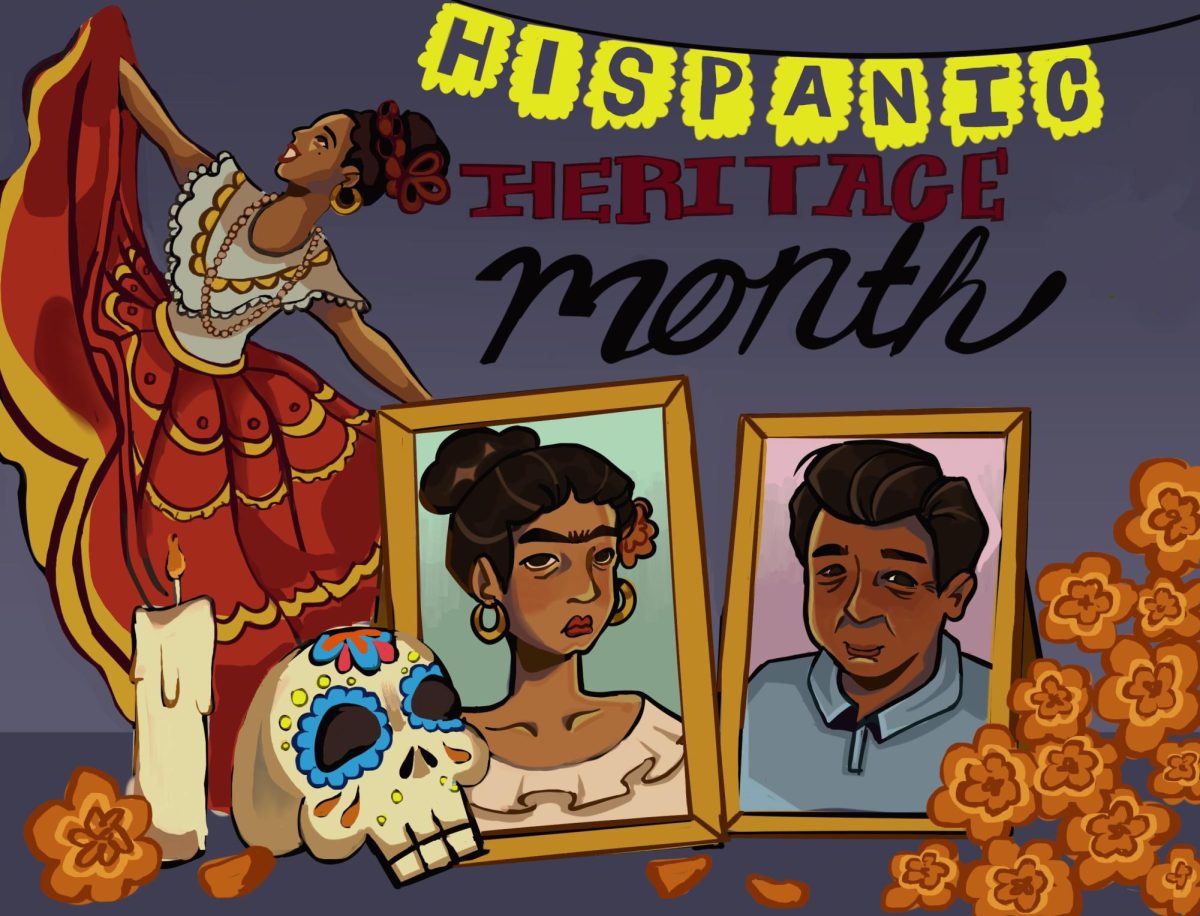
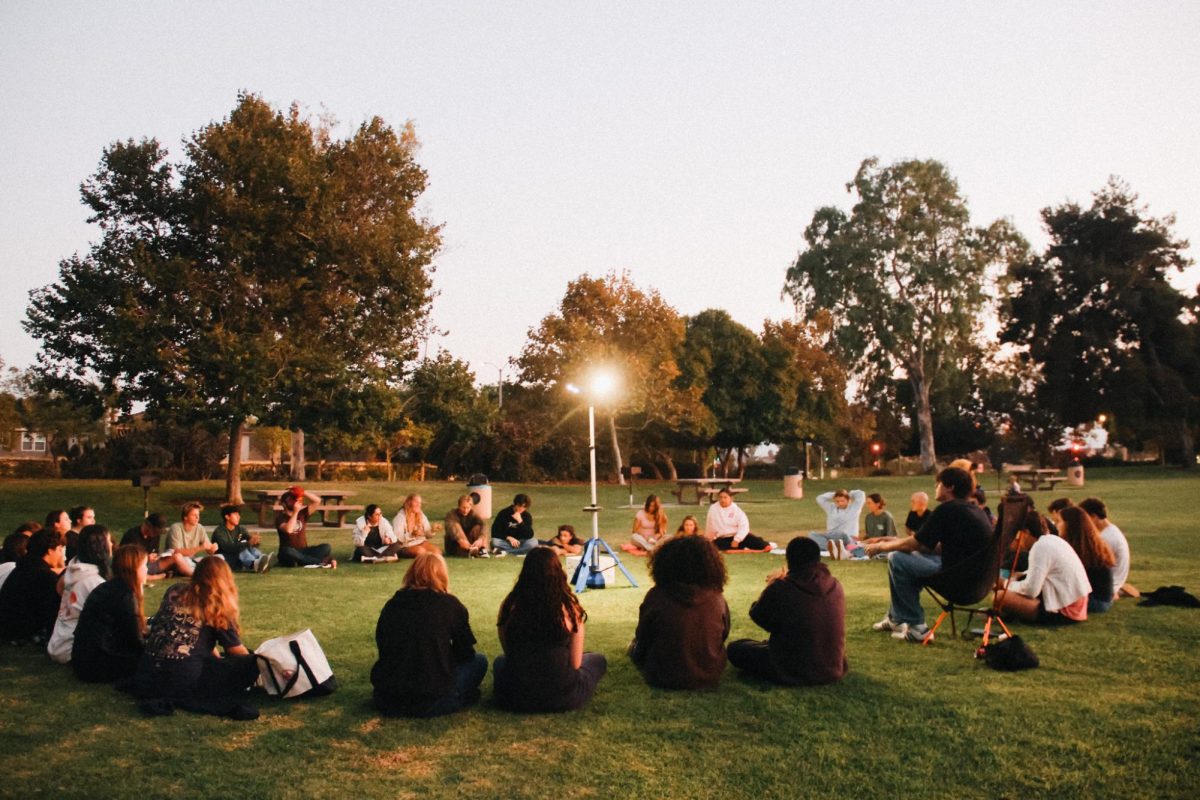

Frances Stewart • Mar 4, 2018 at 1:46 pm
The Parkland students are amazing advocates. We need to do all we can to support them.
July Wolfe • Mar 4, 2018 at 12:41 pm
Instead of sinking into gear or depression, these kids thought to keep the same thing from happening to others. Government isn’t helping them — yet. I promise to only vote for candidates serious about gun reform.